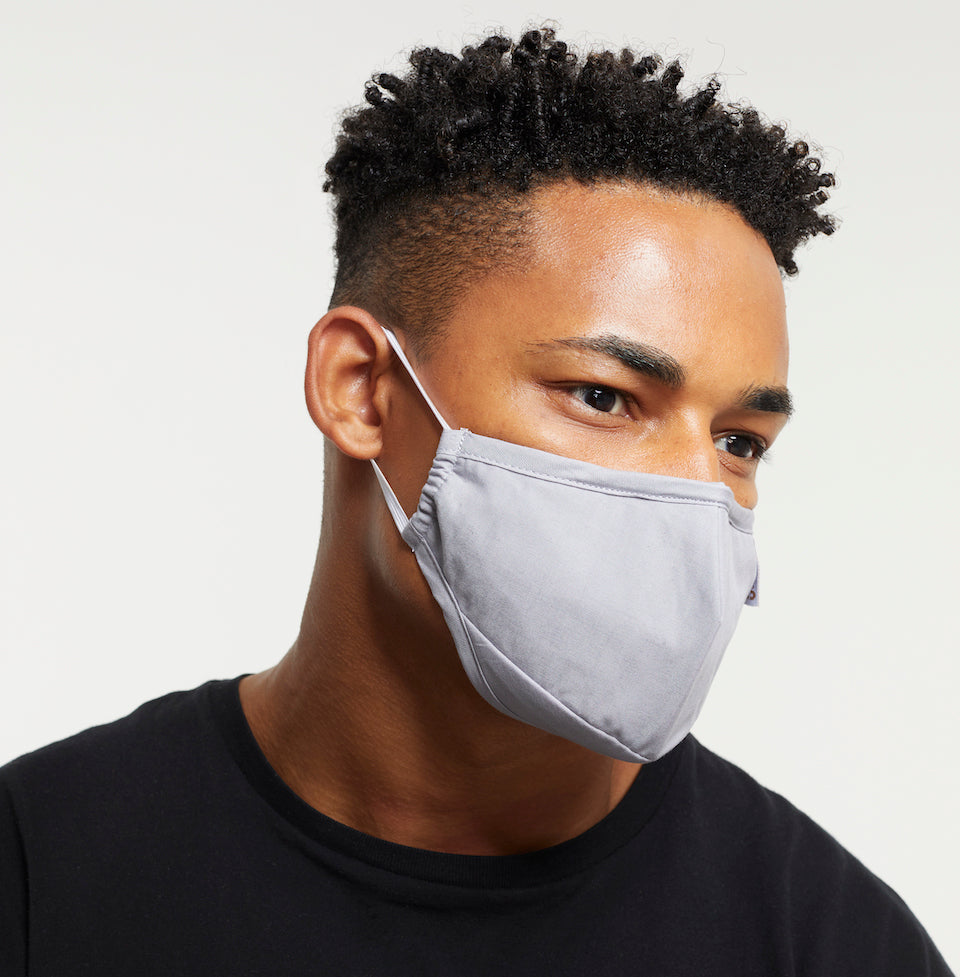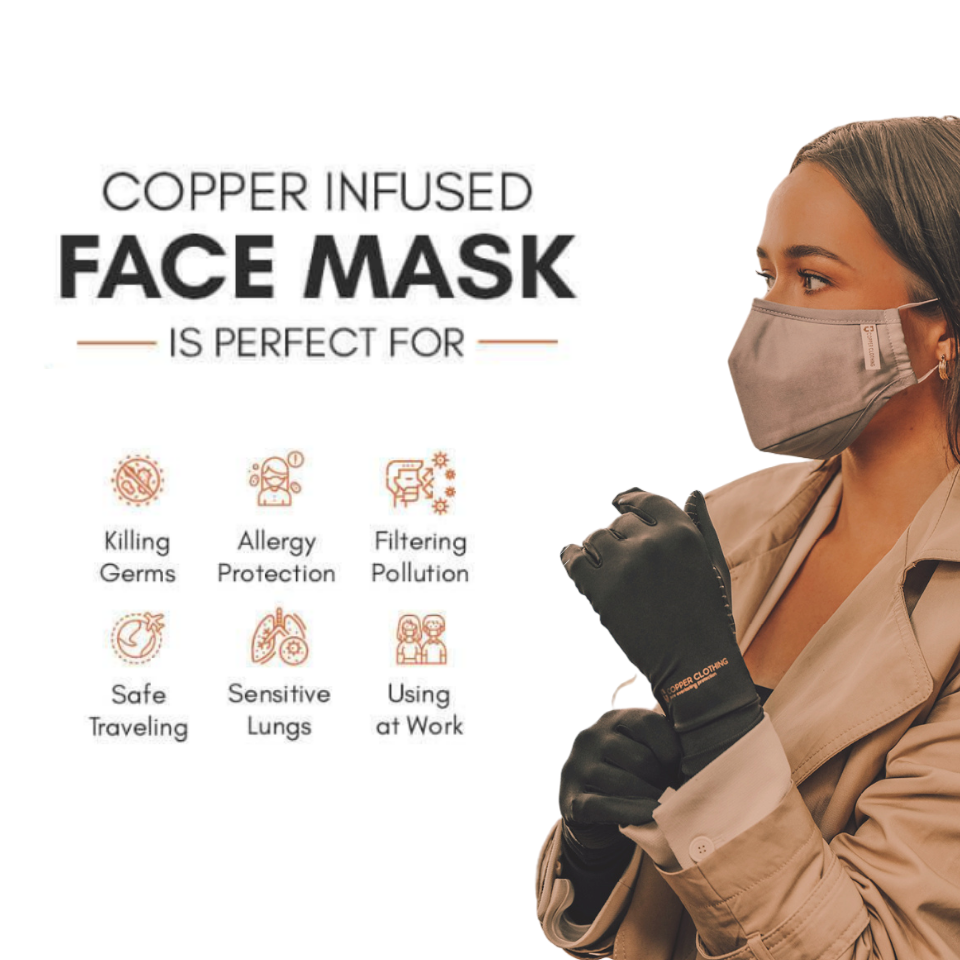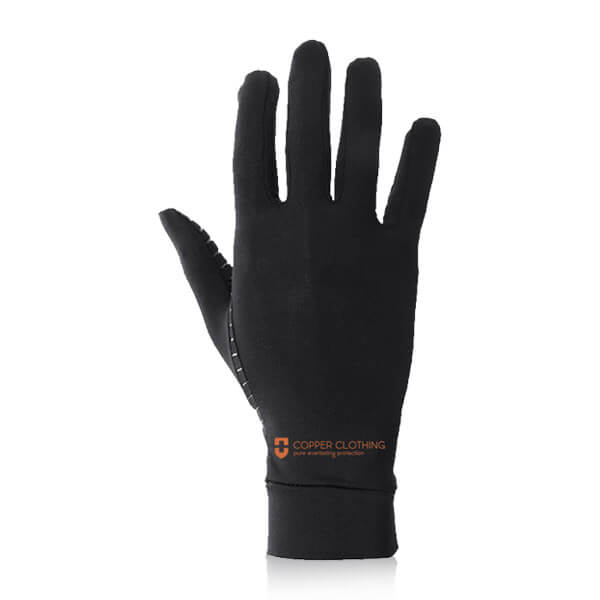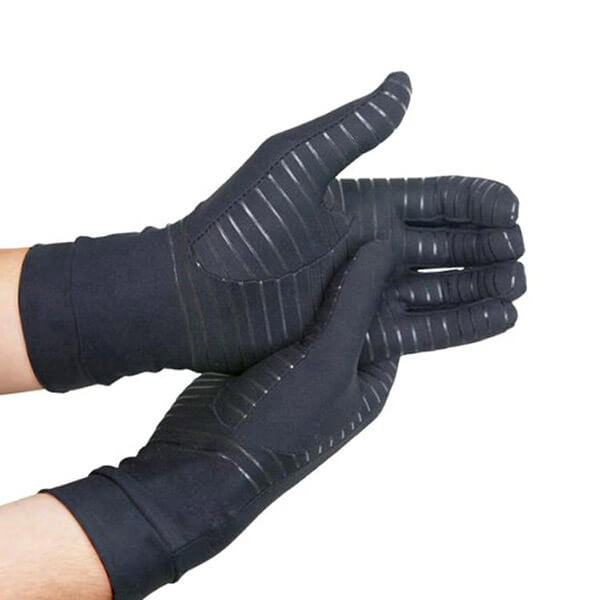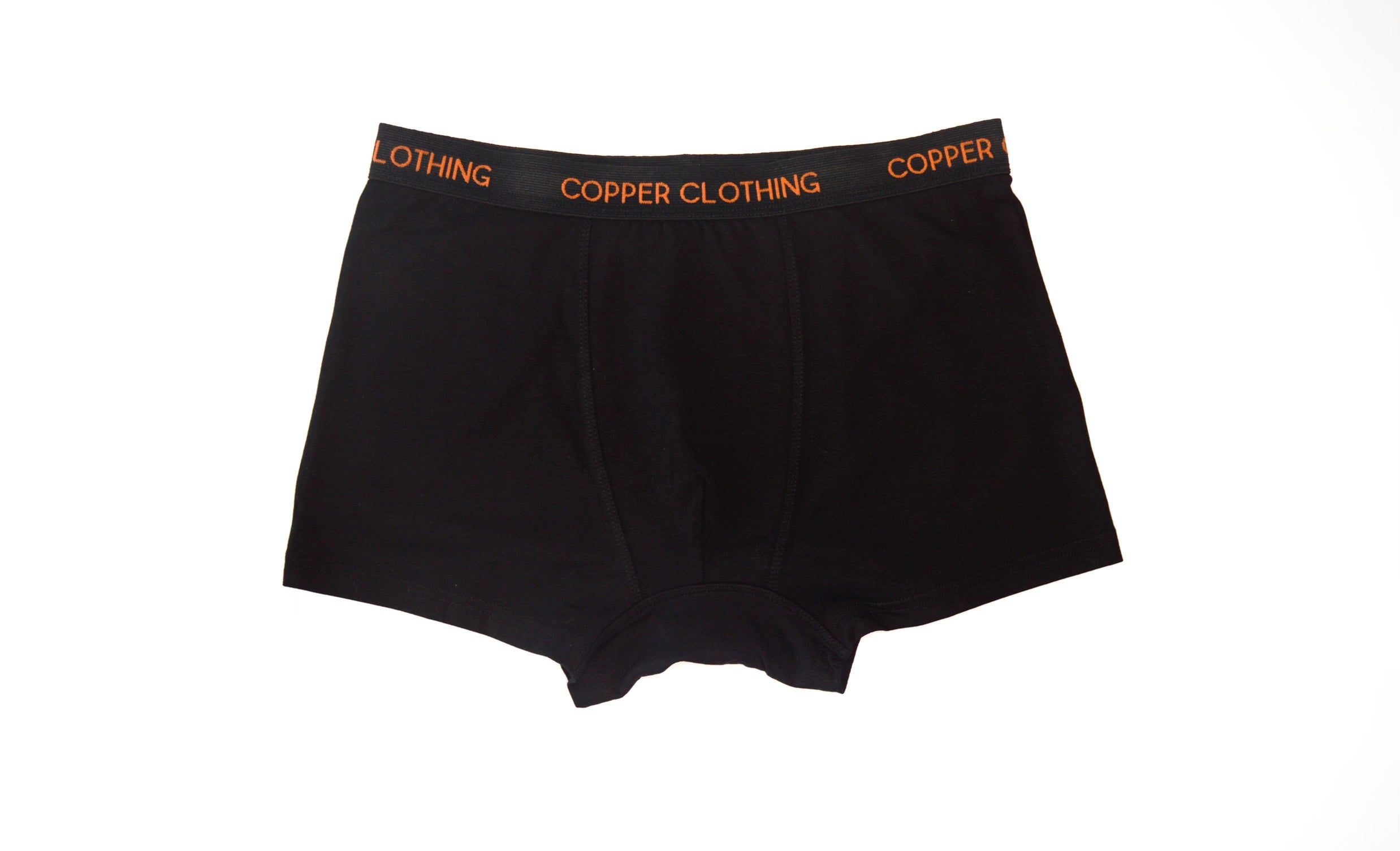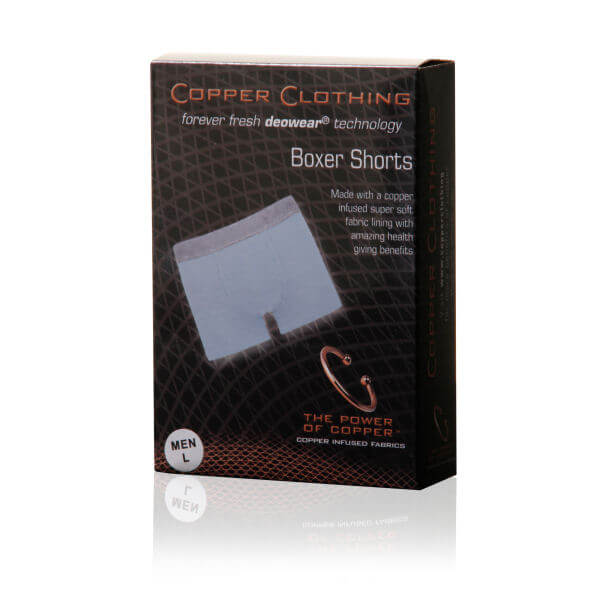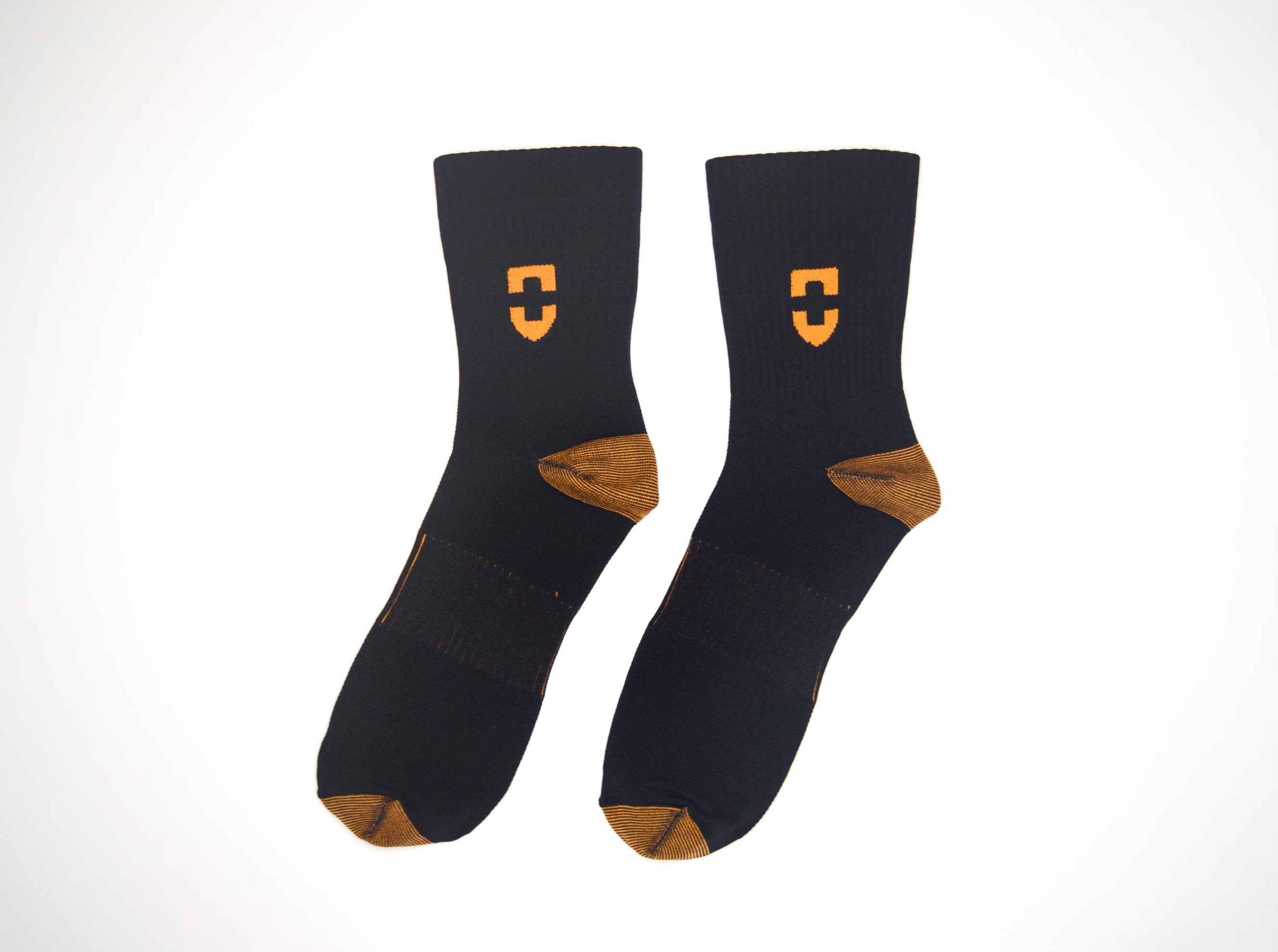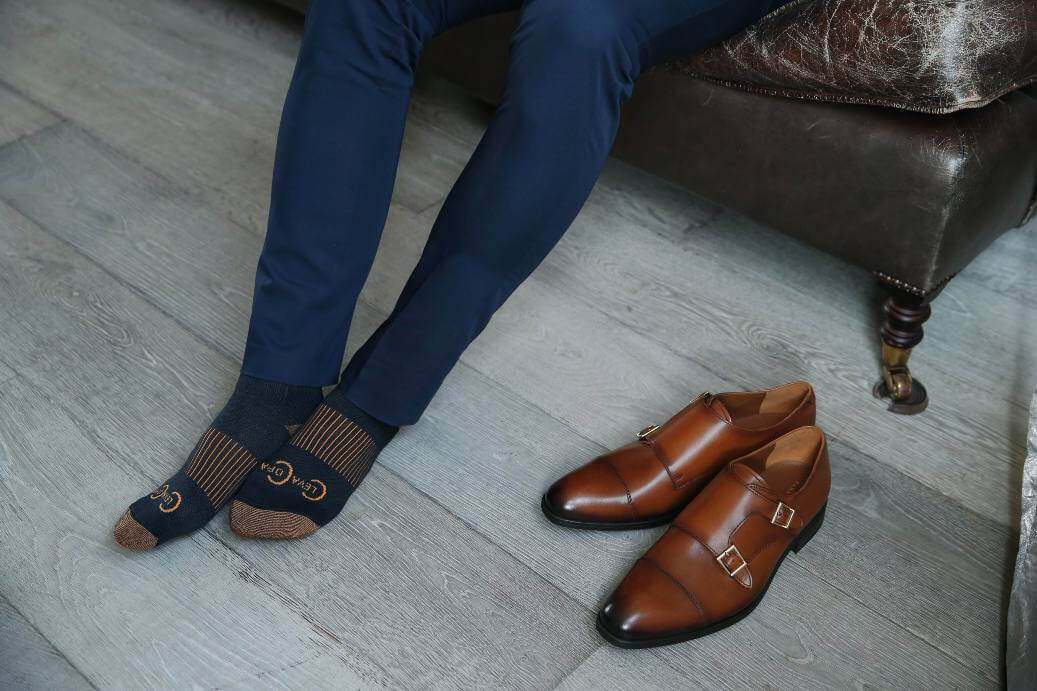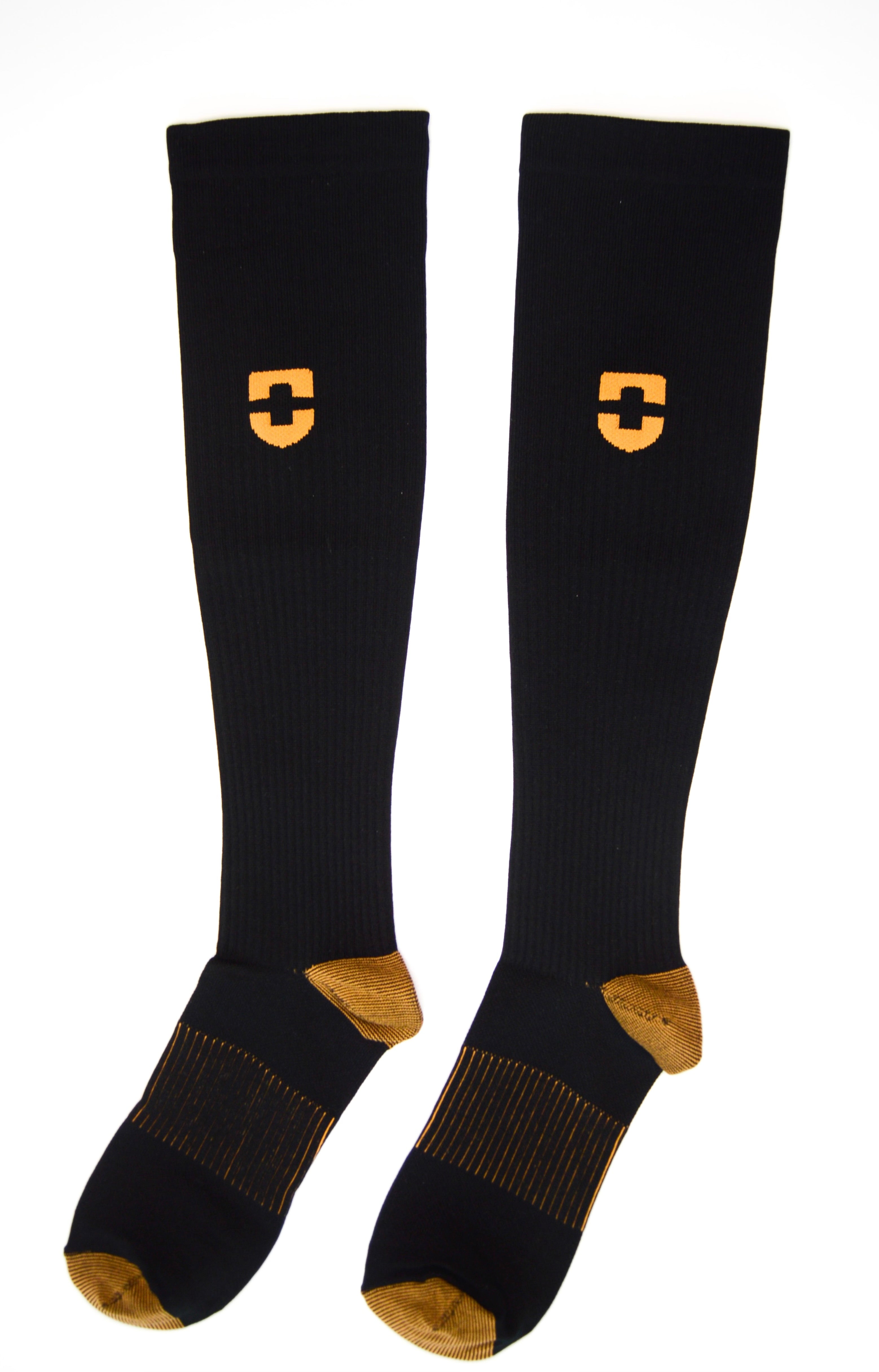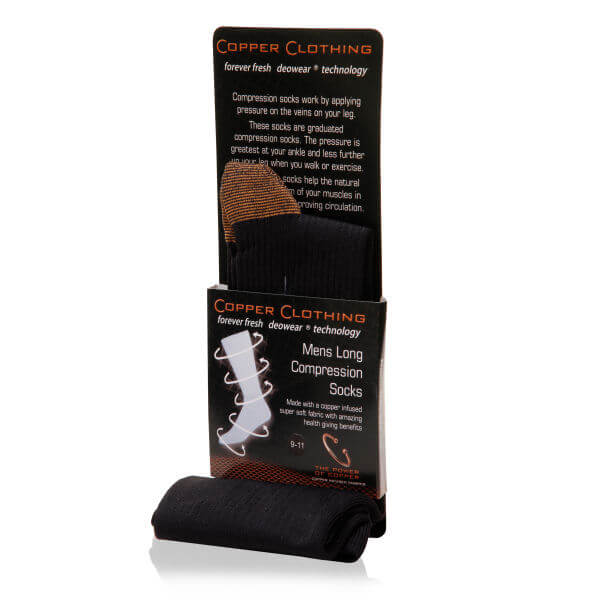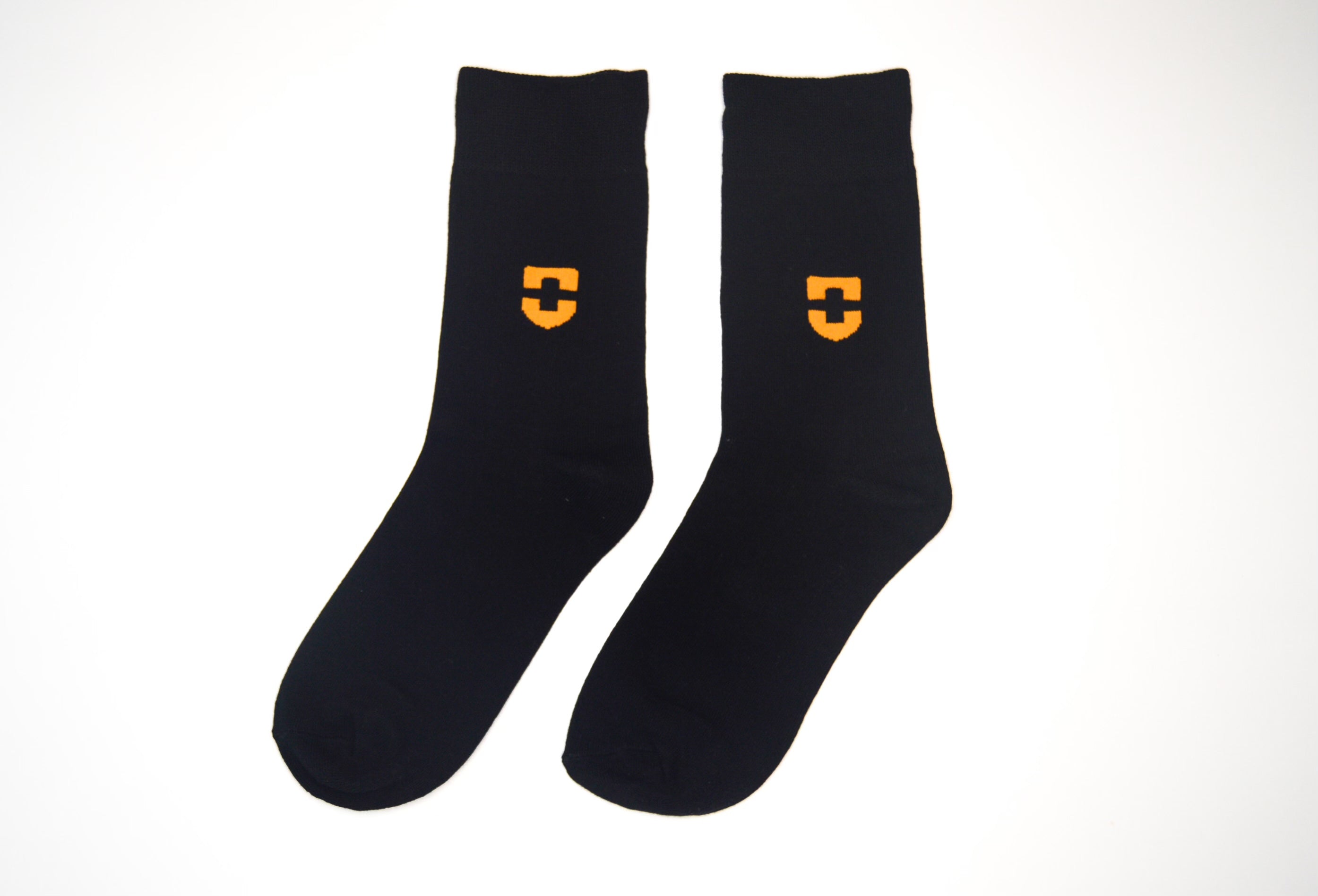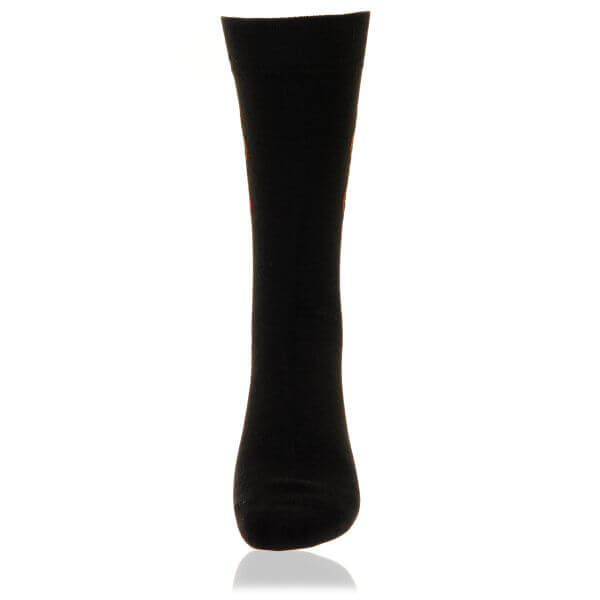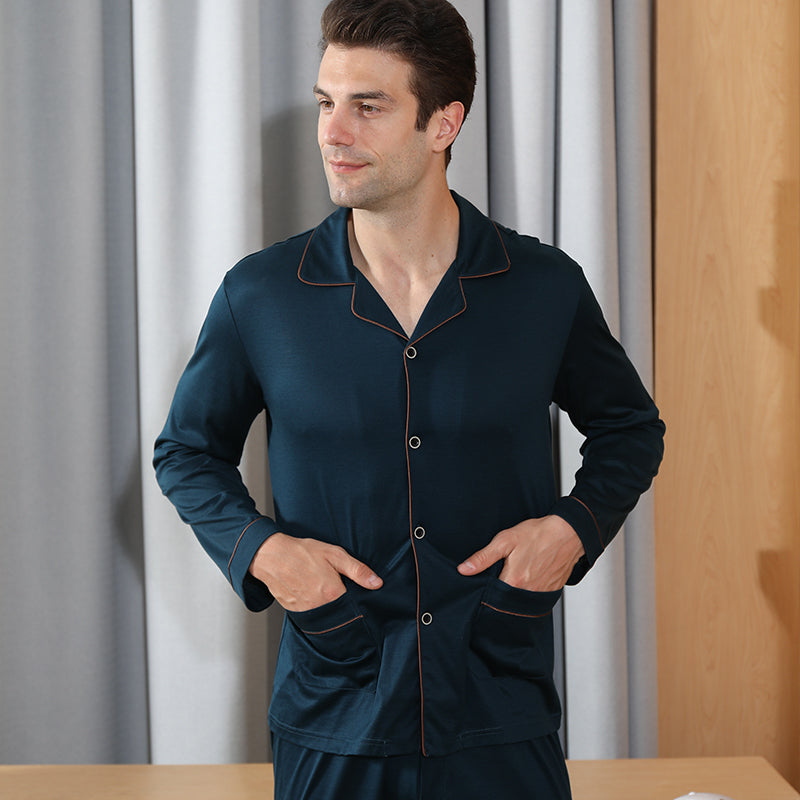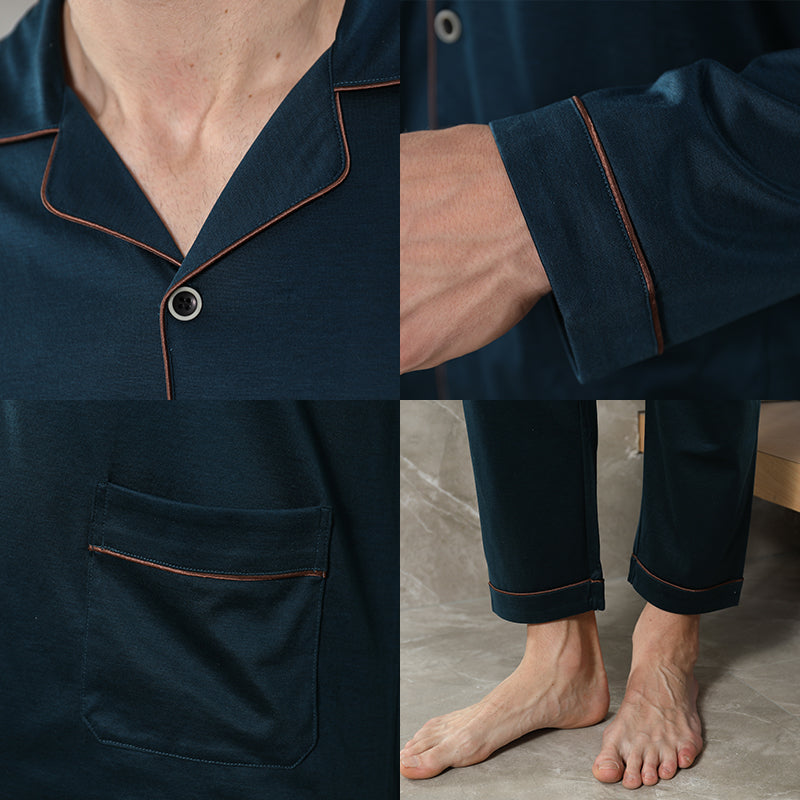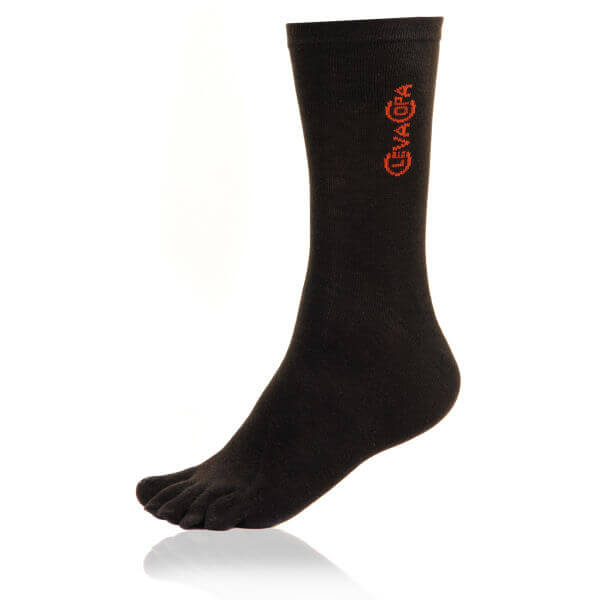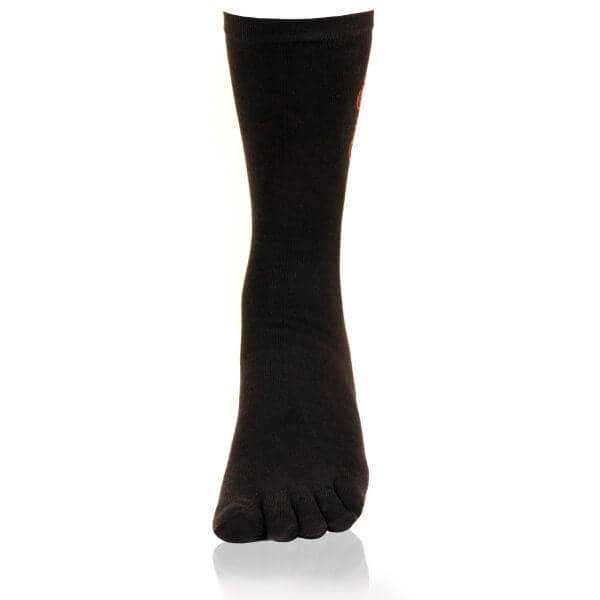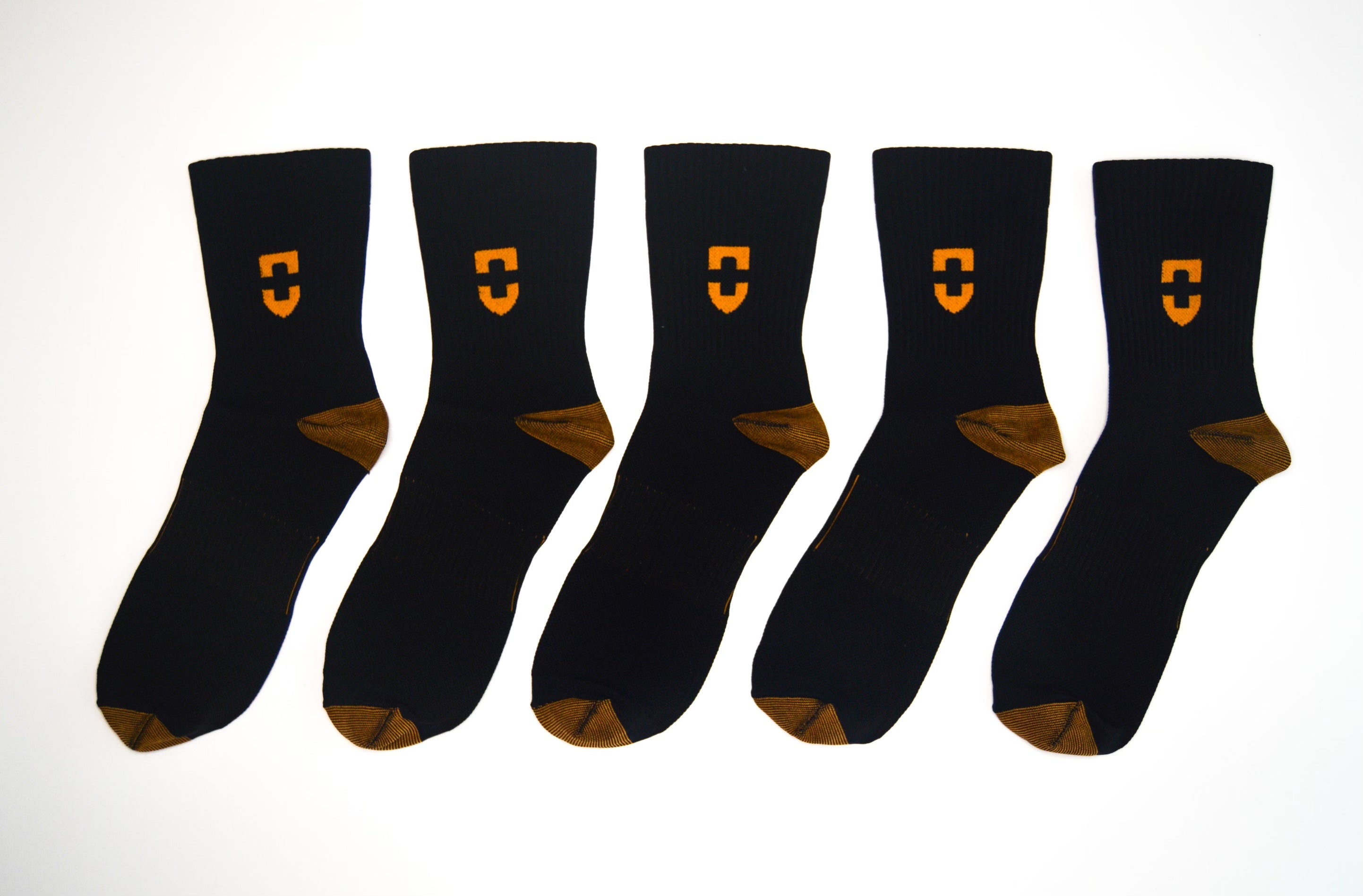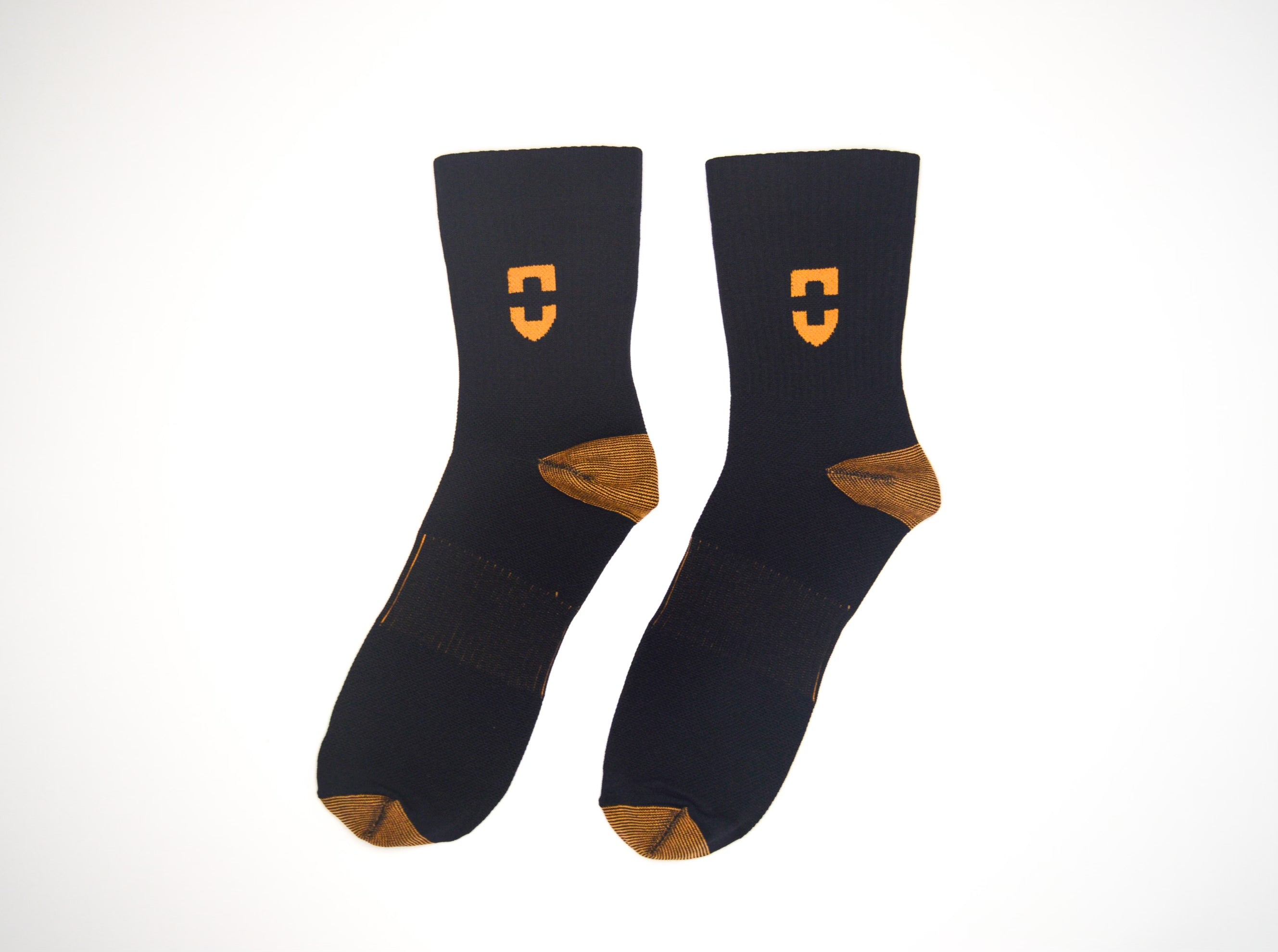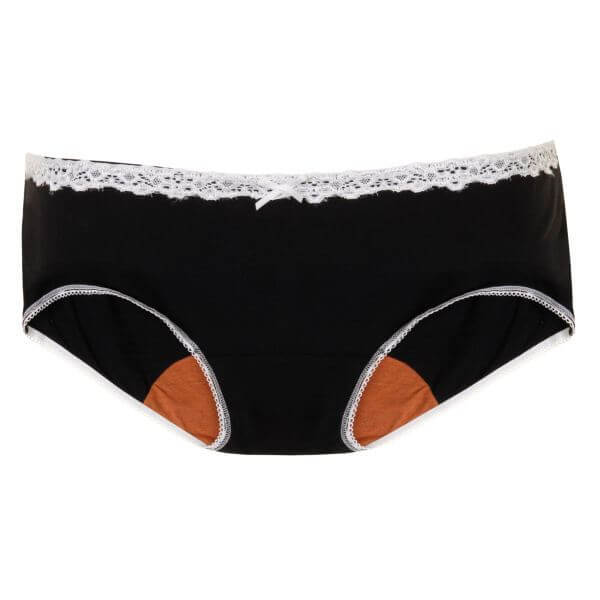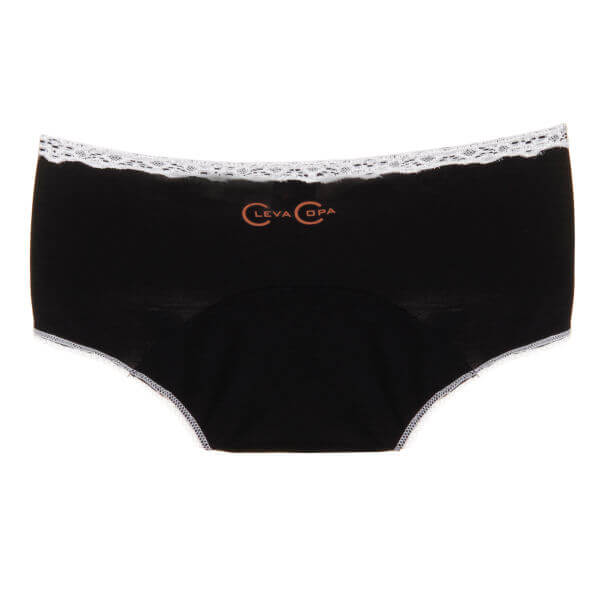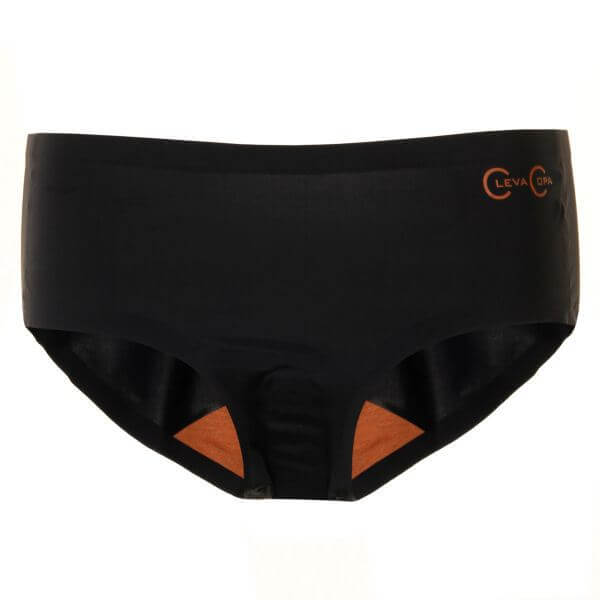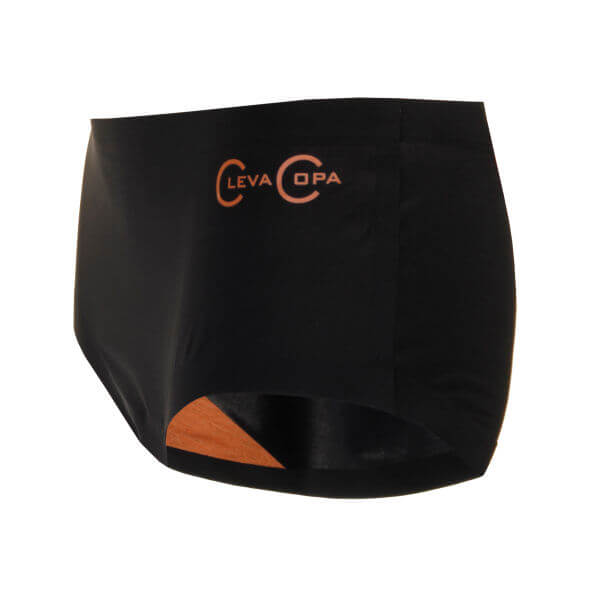Compression Socks for Neuropathy: How do They Work?
Published
December 19 2022
Living with neuropathy can be tough. The constant tingling, numbness, or burning pain in your feet makes simple activities, such as walking or standing, uncomfortable. Compression socks for neuropathy are amongst the many natural remedies that are getting popular lately because of their healing effect.
But do they really help? Let’s break down how they work, their benefits, and what you should look for when choosing the right pair.
What Is Neuropathy?
Neuropathy is nerve damage that disrupts how signals travel between the brain, spinal cord, and body. The most common type is peripheral neuropathy, which often affects the feet and legs.
Key Symptoms Include: numbness, tingling, burning pain, muscle weakness, and swelling.
Common Causes: diabetes, nerve injury, vitamin deficiencies, chemotherapy, or infections.
While there is no cure, compression socks may help by boosting circulation, easing swelling, and supporting muscles. However, you must always consult a doctor before starting to use them.
Can Compression Socks Actually Help With Neuropathy?
While compression socks are not a cure for neuropathy, they can help manage symptoms and improve quality of life. The socks designed for peripheral neuropathy apply gentle, graduated pressure to your legs. They improve blood circulation, reduce swelling, and support nerve function. For many people, this leads to less pain and discomfort in daily life.
What are the Benefits of Compression Socks for Neuropathy?
Compression socks help in managing the uncomfortable and painful symptoms of this condition. They can’t reverse the damage done. However, they can promote your feet's health by supporting the muscles of your feet and legs, which may help reduce symptoms associated with peripheral neuropathy.
Here’s how they can help with conditions related to neuropathy complications:
-
Reduces Swelling in the Feet
Swollen legs and feet are the most common signs of peripheral neuropathy. This swelling can result in fluid build-up. Compression socks are designed to increase blood flow throughout the body, thereby relieving symptoms associated with poor circulation or nerve damage.
They improve blood circulation by providing compression around the feet and legs, reducing swelling. Compression therapy allows your blood to flow back to the heart, avoiding build-up and reducing swelling in the legs and feet.
-
Improves Balance and Stability
Compression socks can also help improve balance and posture while walking. This feature leads to improved mobility for someone with peripheral neuropathy symptoms.
There has been a significant improvement in balance for the elderly and individuals with low proprioception when they started wearing compression socks.
-
Helps With Foot Ulcers, Varicose Veins, and DVT
When you have diabetic peripheral neuropathy, your ability to feel anything in your feet and your decreased healing process can mess with your body’s inability to notice and repair wounds. This can cause foot ulcers. These ulcers are open lesions or sores that are not healed properly. Worse, they break down the tissue and skin of your feet, infecting them.
These ulcers could lead to other complications like amputations and gangrene if left untreated. Research shows that compression socks may help curb complications caused by foot ulcers.
Moreover, compression socks are known to help patients with varicose veins and oedema, which are common conditions that could lead to infections. These infections can lead to gangrene, one of the biggest complications of peripheral neuropathy.
In addition to this, the NCBI says that peripheral neuropathy can also be a result of thrombophlebitis, which is followed by deep venous thrombosis (DVT). Compression socks can help you deal with DVT and reduce complications leading to neuropathic pain.
-
Protects You From Cuts
Those with peripheral neuropathy constantly feel like they are being pricked by pins and needles in their feet. They are recommended compression socks to relieve them from this irritating and uncomfortable feeling. Moreover, they also protect your feet from bruises or cuts and offer protection to people with extreme foot sensitivity.
Complications Involved With Peripheral Neuropathy
As per the NHS, peripheral neuropathy can sometimes give birth to several complications that may vary depending on the cause of your condition. These risks include heart rhythm change, foot ulcers, and problems with blood circulation. Here are some more complications that can occur if you leave peripheral neuropathy untreated.
-
Loss of Sensation
Major peripheral neuropathy complications can originate from the loss your sensation. While you might think this is a benefit, that’s not true. Being able to feel pain is your body’s protective mechanism.
It can be dangerous when you lose your senses to feel unpleasant sensations. While the initial injury is not a problem, the main concern is when the problem can become bigger, and you won’t be able to notice it.
-
Gangrene
There’s an increased risk of developing gangrene if you get a wound infection in your feet due to peripheral neuropathy. Gangrene is when your body tissues die because of insufficient blood flow. And surgery is needed to remove these dead tissues. In severe cases, your foot or toe is amputated.
-
Problems With Blood Circulation and Heart
Cardiovascular Autonomic Neuropathy (CAN) is a blood circulation and heart problem that is one of the most common complications faced by peripheral neuropathy. It can damage your peripheral nerves, disturbing the functions that control your heartbeat and blood circulation.
What are Some of the Other Neuropathy Relief Tips?
While compression socks can support circulation and reduce discomfort, they work best when combined with healthy daily habits. Here are some practical tips that may help ease neuropathy symptoms:
-
Keep Blood Sugar Under Control: For people with diabetes-related neuropathy, stable blood sugar levels are key. Regular monitoring, medication (if prescribed), and a healthy diet can help slow down nerve damage.
-
Stay Physically Active: Gentle exercises such as walking, swimming, or cycling improve blood flow and strengthen muscles without putting extra pressure on your feet. Aim for at least 30 minutes of movement most days.
-
Eat a Nutrient-Rich Diet: Focus on foods high in B vitamins, omega-3 fatty acids, and antioxidants. All these nutrients support nerve health. Think leafy greens, nuts, fish, whole grains, and fresh fruits.
-
Limit Alcohol Consumption: Excessive drinking can worsen nerve damage and interfere with nutrient absorption. Keeping alcohol intake low or avoiding it altogether can protect your nerves.
-
Practice Daily Foot Care: Neuropathy often reduces sensation, so cuts, sores, or infections may go unnoticed. Inspect your feet every day, moisturise to prevent cracks, and wear supportive footwear to avoid injury.
Together with compression therapy, these habits can not only reduce neuropathy symptoms but also improve overall quality of life.
Note: Always consult your healthcare provider before starting new treatments, exercise routines, or major lifestyle changes, especially if you have diabetes or other health conditions.
What Other Conditions Do Compression Socks Deal With?
Apart from peripheral neuropathy, compression socks are also known to relieve discomfort related to other painful lower limb medical conditions, like:
Compression stockings also help pregnant women at times. During pregnancy, hormones increase blood circulation, leading to the widening of the leg veins and increased pressure in the inferior vena cava, the main vein that returns blood to the heart.
Nurses also obtain assistance from compression socks. They can also be used as training aids for athletes.
How to Choose the Right Compression Socks for Neuropathy
Selecting the right pair of socks for neuropathy feet depends on your needs. Here’s a quick guide:
-
Check Compression Level: Mild (15–20 mmHg) is often recommended for neuropathy relief, but always consult your doctor first.
-
Choose the Right Size: Follow size charts carefully for a snug but comfortable fit.
-
Prioritise Comfort: Look for seamless, cushioned designs that won’t irritate sensitive feet.
-
Consider Copper-Infused Options: They provide extra antimicrobial and skin-supporting benefits.
-
Moisture-Wicking Material: This material keeps feet dry and prevents irritation.
-
Breathability: Neuropathy socks are supposed to be breathable to allow airflow to reduce sweating and odour.
-
Seamless Design: They must be designed to prevent friction and reduce the risk of blisters.
-
Extra Padding: It is critical to provide comfort for sensitive feet.
Why Choose Copper Compression Socks?
Copper is a trace mineral that’s natural, chemical-free, sustainable, and best known for its antimicrobial properties. It has earned its place as a wellness essential. Beyond skincare, it’s now revolutionising compression wear.
Unlike standard compression socks, copper-infused ones combine circulation support with the natural benefits of copper.
When copper is woven directly into the fabric at a molecular level, the socks become:
-
Antimicrobial & Protective: Copper fibres fight bacteria and fungi, reducing the risk of infections.
-
Odour-Resistant: Keeps feet fresh even after long hours of wear.
-
Skin-Friendly: Gentle on sensitive skin and may help support skin repair.
-
Comfort-Focused: Soft, breathable, and designed to provide all-day support.
With copper compression socks for neuropathy, you not only improve circulation and reduce swelling, but you can also protect your feet and keep them healthier. They keep your feet fresher and more comfortable than with standard socks.
To conclude, neuropathy doesn’t have to hold you back. Compression socks can greatly reduce discomfort and improve your day-to-day life. By choosing the right pair, especially Copper Compression Socks, you can get the circulation support of compression therapy plus the unique health benefits of copper.
Give your feet the comfort, protection, and relief they deserve.
Explore Copper Compression Socks today
Key Takeaways: Compression Socks for Neuropathy
-
Compression socks ease neuropathy symptoms like tingling, swelling, and discomfort by improving circulation and supporting muscles.
-
They don’t cure nerve damage but can significantly improve comfort, balance, and mobility in daily life.
-
Copper-infused compression socks add antimicrobial, odour-resistant, and skin-friendly benefits for healthier feet.
-
Choosing the right fit, compression level, and materials is crucial to maximising relief and avoiding irritation.
-
Combining compression therapy with healthy habits, such as exercise, nutrition, and foot care, helps manage neuropathy more effectively.
FAQs About Compression Socks for Neuropathy
-
Are there any side effects of wearing compression stockings?
No, as per this research, compression socks are safe to wear when worn correctly and under the proper guidance of a doctor. However, they are not safe for everyone or in every situation. To know more about it, check out our blog.
-
Do compression socks help with chemo neuropathy?
According to ERS Journals and the National Cancer Institute, compressing your feet and hands while getting chemotherapy might reduce pain experienced by peripheral neuropathy.
-
What is the difference between neuropathy socks and compression socks?
Neuropathy socks are different from compression socks in terms of their fit. The former has a loose fit, while the latter are tight-fitting socks meant to prevent fluid build-up, swelling, and everything that’s covered in this article.
-
How many hours a day should you wear compression socks?
Ideally, it is recommended to wear your compression socks during the day by putting them on first thing in the morning and removing them before going to bed. While you can wear them at night, there are no known benefits of wearing them to bed.
-
Are compression socks good for peripheral neuropathy?
Yes. Compression socks can’t cure neuropathy, but they help ease symptoms like pain and discomfort by supporting leg and foot muscles. They can improve circulation and promote overall foot health.
-
What compression level is best?
Most people start with 15-20 mmHg for mild, manageable compression. For those with conditions like varicose veins, 2o-30 mmHg may be more suitable.









